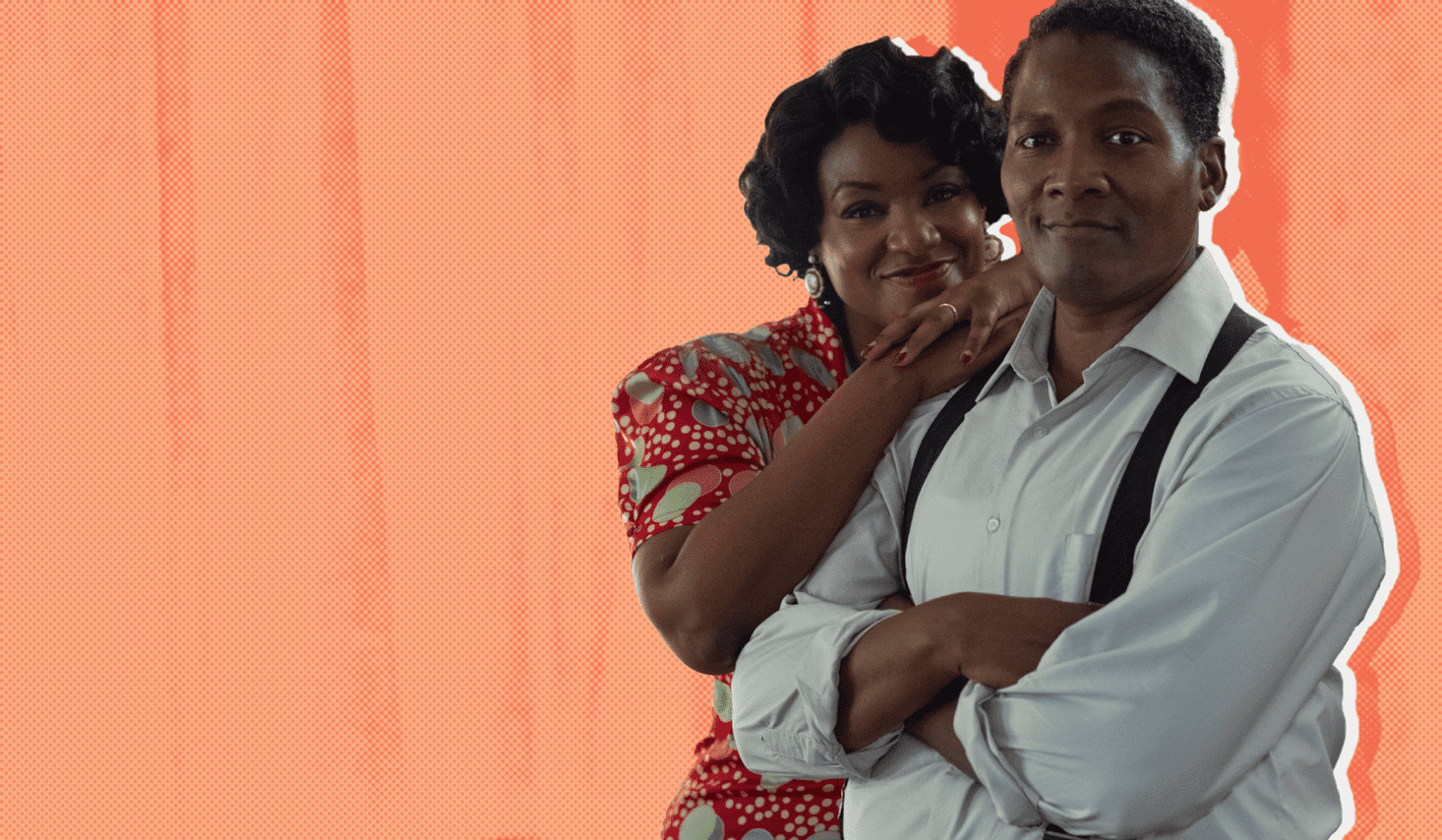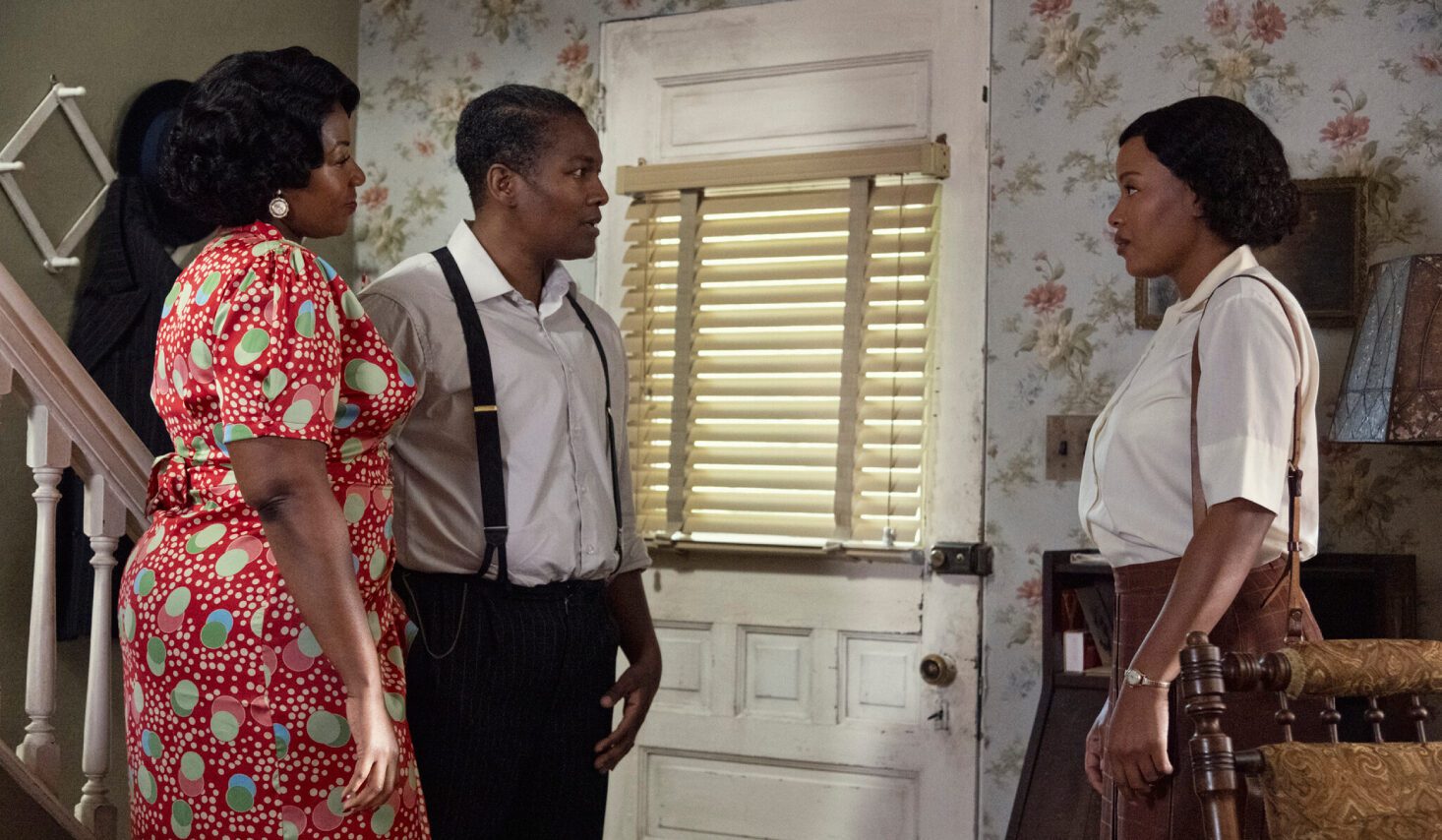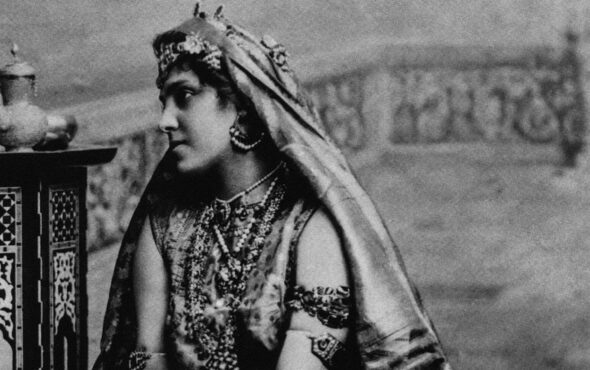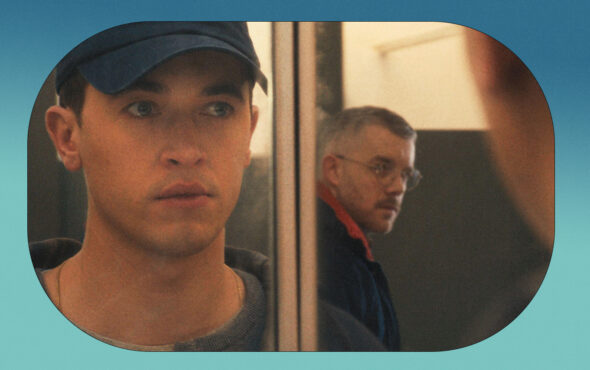
I’m no baseball fanatic. I can count how many times I’ve played the game on one hand, and I’ve never knowingly watched a professional match. Yet I was fully drawn in by A League of Their Own, a series about a female baseball league created to boost national morale during the Second World War.
It is so much more than a show about baseball.
Creators Will Graham and Abbi Jacobson do a masterful job at balancing complex and uncomfortable themes such as race, sexuality, systemic oppression, and so much more. As a viewer, League ticked all the right boxes for me: a diverse cast of strong female characters with a healthy sprinkling of LGBTQ+ representation and Black American culture.
A few episodes in, I am already overjoyed with the lesbian and bisexual representation. But the showrunners show me I can hope for even more. To my delight, I see transness, depicted decades before I am even a smudge on an ultrasound, and in the form of a Black trans man!
Despite not being lucky enough to resemble the late (and much beloved) Sidney Poitier like Uncle Bert does, it still feels like looking into a mirror when he first steps into frame. No words of explanation are needed to know that I share a timeless kinship with him – I see my hopes and deepest pain in the way he holds himself, the way he speaks.
His firmness about his identity, the confidence with which he asserts himself even back then is incredible – a time when the audacity of being Black in the wrong places would do you harm, let alone being Black and trans. Bert’s character is undeniably intertwined with one of the show’s main themes: taking up space and being your best self in places where you aren’t normally welcome.
But this series goes even further than just giving us a trans character – they let him live. Even though his very existence is criminalised and unspeakable to so many, he is able to carve out a life for himself where transphobia does not rule or define him.

Of course, living one’s truth in such a conservative time-period naturally incurs many insurmountable barriers, but trans joy is explored with just as much care as trans pain. This remains an unfortunate rarity with most other mainstream trans representation.
Bert’s storyline feels so personal to me not just in the way that our identities overlap, but because he plays the part of the LGBTQ+ mentor. I figured out my trans and gay identity whilst living in a country trying to make homosexuality punishable by the death penalty.
Stubbornly, I had no intention of living silently within myself. My coming out brought on the kind of hostility you would expect from any place with anti-LGBTQ+ laws, and a lot of times I wondered whether it was worth it, putting myself through all that cruelty. Yet, my act of reckless honesty caused other people to recognise that they themselves may be LGBT+. That, for me, made the pain worth it.
In a similar fashion, Bert helps introduce his niece to the underground Black LGBTQ+ scene, teaches her the vocabulary, and answers her questions. By doing this, he reframes his pariah status amongst his blood relatives, reclaiming his place in Max’s life as an uncle and a support system.
He is so immediately supportive of Max’s sexuality, so encouraging to her when she cautiously begins to embrace herself. I can compare this, in a way, to what I do as an ambassador for Just Like Us, a charity that provides much-needed LGBTQ+ storytelling and resources to schools across the UK.
Sharing my experiences and knowledge has given me such an incredible sense of accomplishment, and I see a lot of that pride in Bert, too. It feels comforting to know that people like me have always existed, and that we have been sharing our stories for just as long.
A League of Their Own is a wonderful period piece that I truly believe has a little something for everyone. I am overjoyed to be able to say that I, too, am able to carve out a home for myself in the sprawling, rich universe it lays out for me.
Elliot is a volunteer with Just Like Us, the LGBTQ+ young people’s charity. Sign up now to get involved.



